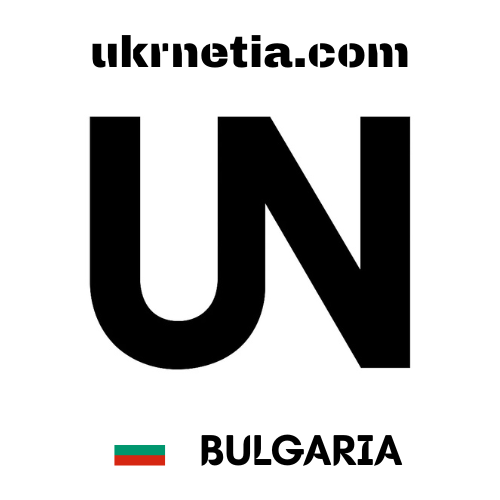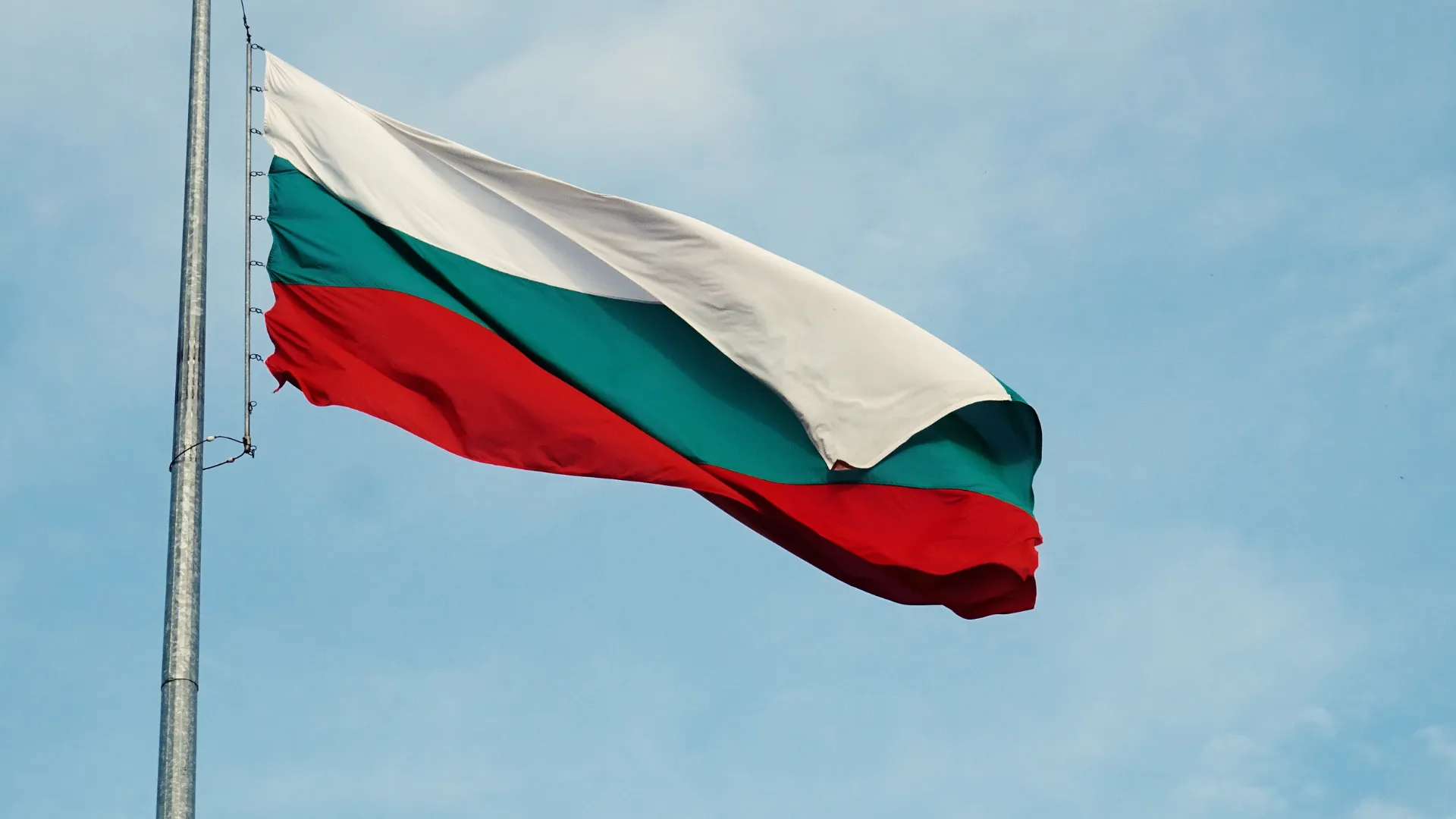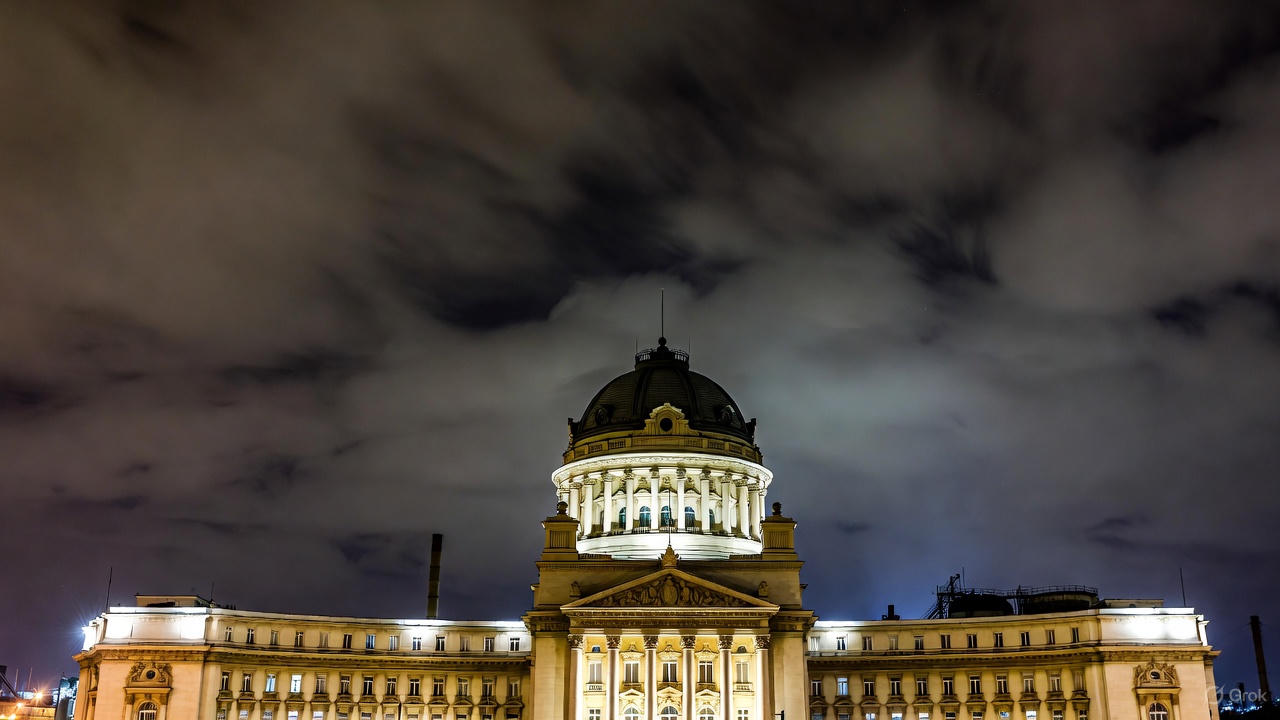Bulgaria’s President Vetoes Law to Seize LUKOIL Refinery Amid U.S. Sanctions Pressure

SOFIA, November 13, 2025 — Bulgarian President Rumen Radev has vetoed a controversial bill that would have allowed the government to take control of the Russian-owned LUKOIL Neftochim refinery in Burgas, citing constitutional concerns and potential risks to national finances.
The legislation, passed by parliament last week, aimed to enable the state to temporarily seize and sell the refinery — Bulgaria’s largest fuel producer — in response to looming U.S. sanctions targeting LUKOIL’s operations across Europe. Lawmakers argued the measure was necessary to protect Bulgaria’s energy security and shield its economy from disruptions.
In a statement released by the presidential press office, Radev said the bill contained “serious legal deficiencies” and “posed risks to public funds”. He warned that the move could undermine investor confidence and create instability in Bulgaria’s already sensitive energy sector.
“Expropriation of strategic assets must follow clear constitutional principles and serve the public interest without jeopardizing the rule of law,” Radev said.
The veto comes amid heightened international scrutiny of LUKOIL, which remains one of the few major Russian energy companies with substantial operations inside the European Union. The Burgas refinery supplies a large share of Bulgaria’s domestic fuel and exports to neighboring countries in the Balkans.
The government, led by a fragile coalition, now faces a critical decision on whether to override the presidential veto — a move that would require a simple majority in parliament. Proponents argue that the state must act decisively to comply with Western sanctions and prevent LUKOIL from using Bulgarian facilities to bypass restrictions.
Energy analysts say the standoff underscores the growing tension between Bulgaria’s obligations as an EU and NATO member and its continued economic ties to Russian companies.
“This is not only a legal battle, but a test of Bulgaria’s strategic orientation,” said Sofia-based analyst Petar Iliev. “How the government handles the LUKOIL issue will send a strong signal to both Washington and Moscow.”
If the veto is overturned, Bulgaria could become one of the first EU countries to directly seize Russian energy assets under national legislation.










